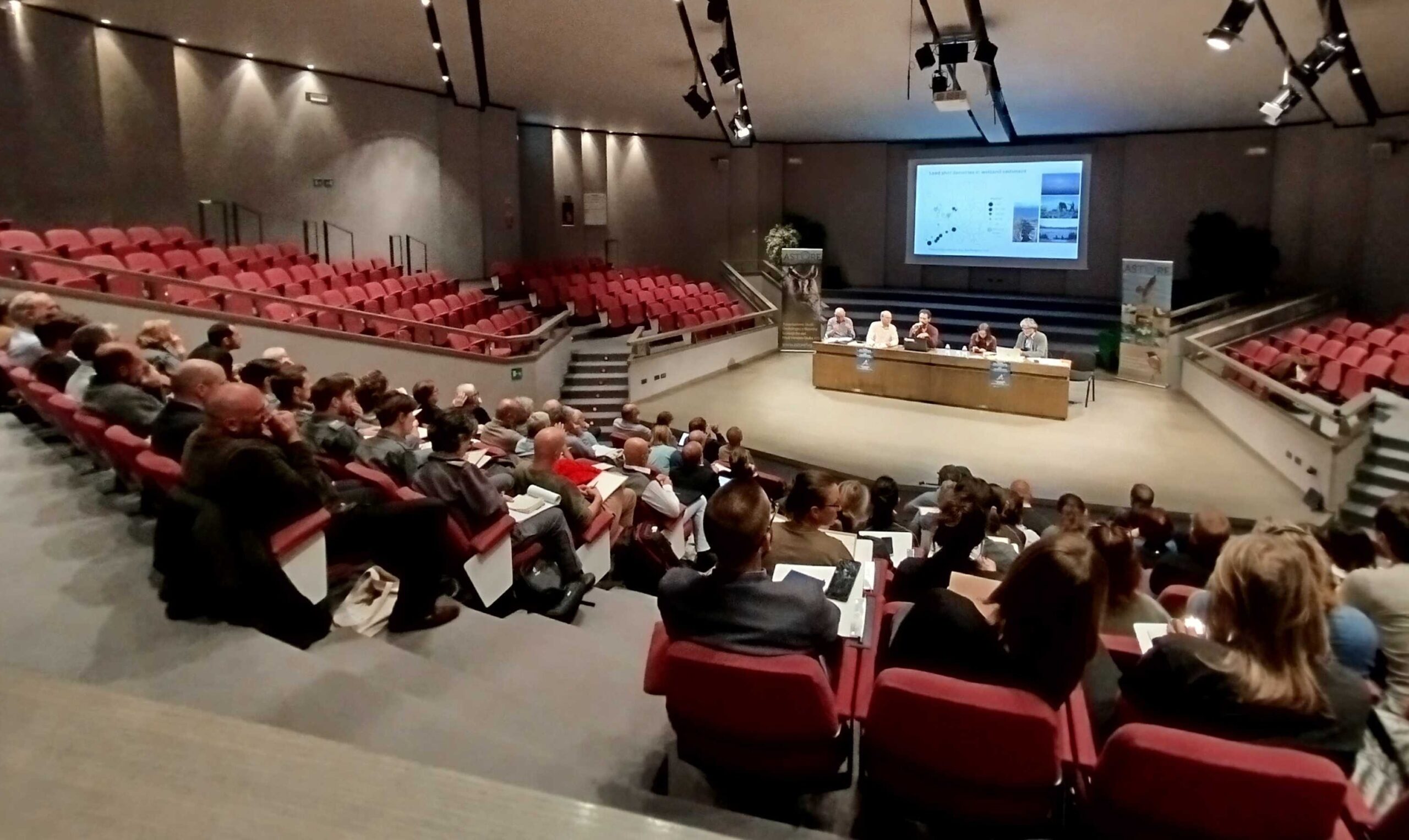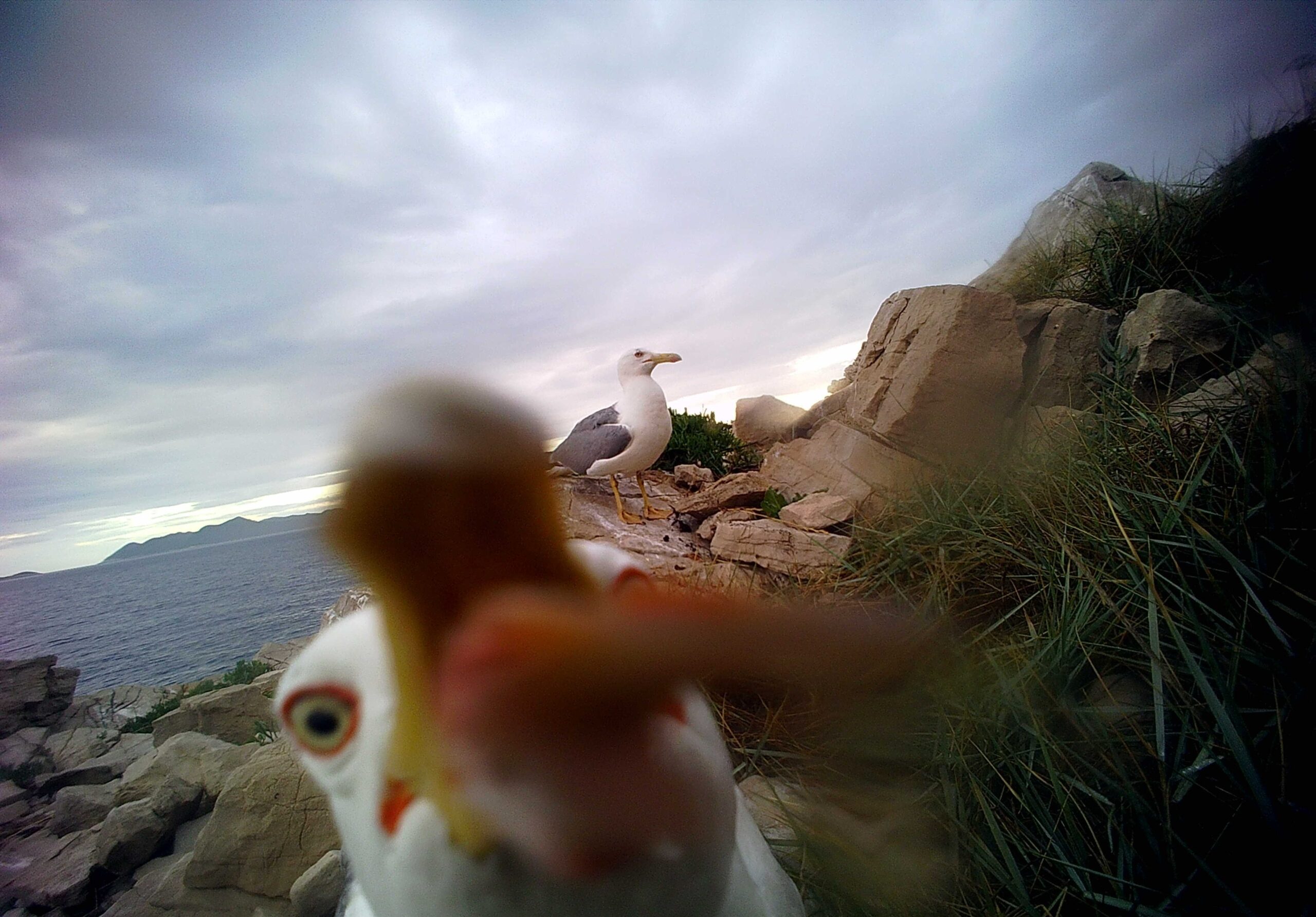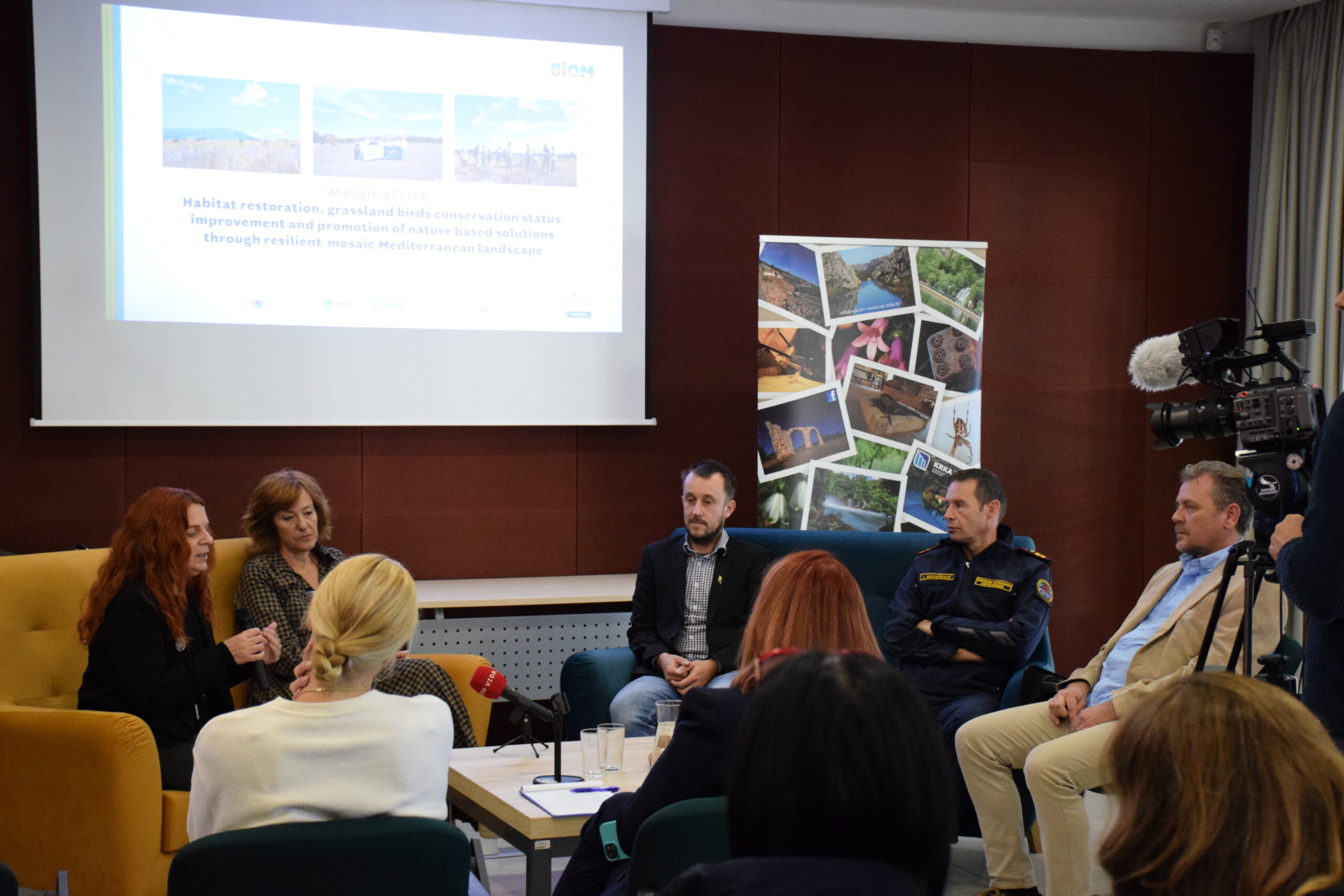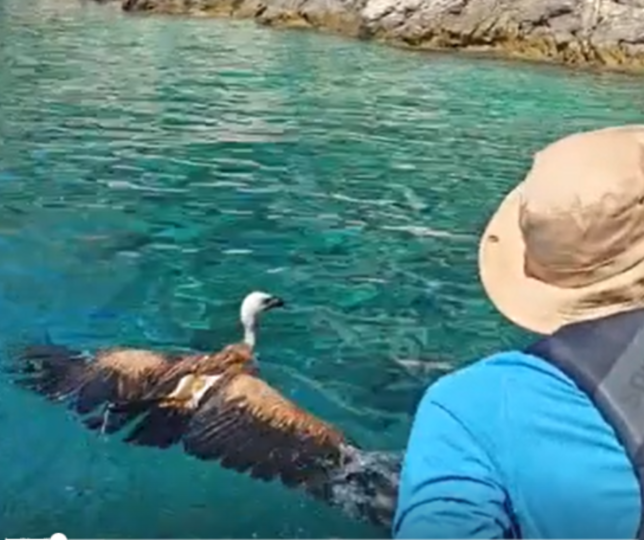
The Griffon vulture Grif, named in a public action with the participation of many nature lovers, has been followed by experts gathered around the partnership within the LIFE SUPport project since the moment his mother Inge laid an egg on the cliff of the Kvarner island of Plavnik at the end of February. Thanks to the camera trap of the Public Institution Priroda placed next to the nest, volunteers Iva Macan and Veronika Bencerić carefully reviewed the footage each day and singled out all the key moments in the development of this young vulture, a representative of the last scavenger bird species in Croatia.
Grif successfully hatched from the egg after two months of incubation and spent the first months of his life on a steep cliff, with the continuous care of both parents, mom Inga and dad Dagmar, who tirelessly fed their only chick. Already in his growing up period, he faced the first threats that come from us humans. The noise coming from different vessels, whose owners or users are mostly unaware of their effect on the birds and their parents, causes unnecessary stress to the birds. By the summer, Grif had grown and regularly trained his wings for his first flight, so in mid-July he decided to soar off the cliff. However, his first flight was unfortunately not successful. The vulture was saved from drowning thanks to the quick intervention of the staff of the Visitor Center and the recovery center for Griffon vultures “Beli” on the island of Cres.
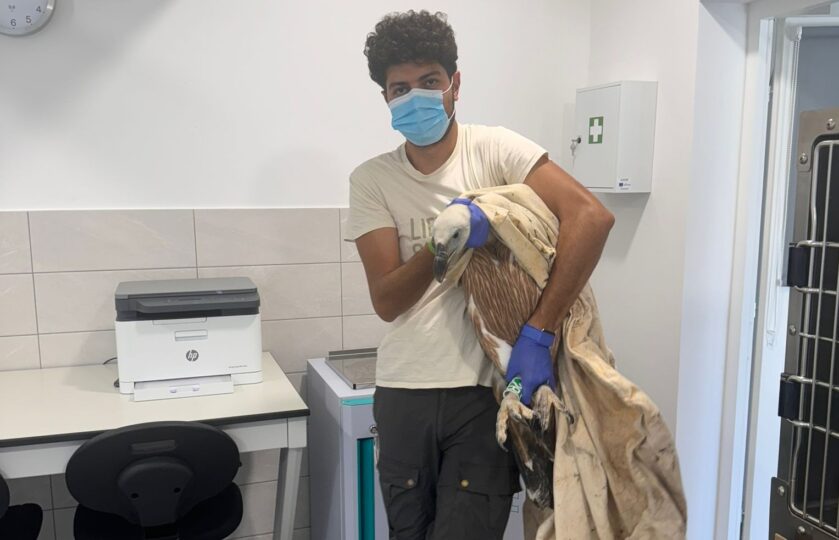
“He spent almost a month in the recovery center, and after the veterinary findings showed that the bird was in good condition, it was decided that Grif would return to nature. That’s what happened yesterday in the evening when Grif was returned to nature with another young vulture,” says Tomislav Bandera Anić from the Cres rehabilitation center.
“We hope that Grif will successfully overcome all future trials in life and live to the age where he too will one day be able to take care of his descendants on the cliffs of the Kvarner islands, already widely known for their feathered inhabitants,” says Dubravko Dender, manager of the LIFE SUPport project.
The removal of the threat of disturbing the Griffon vultures in their nests is one of the main tasks of the LIFE SUPport project, which is mostly realized through the activities of the SUPpatrol. By daily visits to the project area in the summer months, SUPpatrol will provide additional help for Tomislav Bandera Anić and Darija Martinčić, employees of the Visitor Center and recovery center for Griffon vultures “Beli” on Cres in the years of the project duration. Dedicated volunteers – Antonio Čanadi, Stella Jud, Stjepan Gržančić, Mateja Gašparec and Caroline Herman – have so far covered more than 300 nautical miles by boat in the area of the Kvarner Islands (eastern part of Cres, southeastern part of Krk, Prvić and Plavnik), informing sailors about the importance of maintaining peace near vultures’ nests, which is largely achieved by maintaining a distance of 80 m from the coast.
It is interesting that the results of a survey of local public opinion, carried out as part of the LIFE SUPport project, show an extremely high degree of willingness of tourist operators (as much as 91 percent of them!) to teach others about appropriate behavior in the vicinity of vultures. Also, a very high percentage (95%) of surveyed tour operators know that noise from boats can disturb birds.
All renters of different types of vessels, including smaller ones such as jet skis, etc., are hereby invited to contact the email address sup-patrola@biom.hr in order to receive specially printed bilingual brochures which they can then distribute to their tourists with the aim of preventing the negative impact on birds, which have become a kind of tourist attraction in Kvarner. In this way, they themselves can contribute to the conservation of the Griffon vulture in Croatia.
Translated by: Tihana Goričnik




